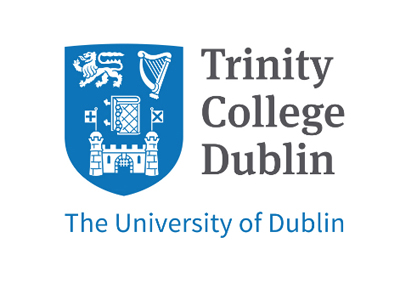Project Area: Population health research
Project Summary
The CANDID 2 study builds upon existing research being undertaken by the Trinity Centre For Ageing and Intellectual disability. The SPHeRE Scholar will join a team of interdisciplinary researchers and clinicians working on research in the area of cancer care, ageing and intellectual disability. The CANDID 2 study uses a mixed methods approach to investigate cancer among older people with intellectual disability.
The first stage of this study will involve undertaking a systematic review of existing research to understand the current issues facing people with an intellectual disability regarding the barriers they experience across the cancer care continuum. Secondly longitudinal (IDS-TILDA) data collected over five time points will be explored to examine the impact and associations of social determinants of health on cancer among older adults with intellectual disabilities. There will also be direct comparisons made to the ageing general population using TILDA data with the objective of identifying inequities that may exist. The SPHeRE Scholar will conduct qualitative interviews with older adults with intellectual disabilities who and are living with or beyond cancer and focus group interviews with health professionals involved in the care of older people with intellectual disability. These interviews will report on the unique experiences this population experience across the cancer care continuum and explore the challenges faced by healthcare providers when delivering cancer care to older individuals with intellectual disabilities.
Overall, the study’s primary goal is to enhance knowledge about cancer care for older adults with intellectual disabilities, ultimately contributing to the reduction of healthcare inequities within this group.
Skills Required
(If applying for this project you will be asked to outline how you meet the skills required below)
Essential
- An excellent primary degree, and / or professional qualification, in a relevant discipline, from a reputable institution
- An excellent Master’s degree from a reputable institution
(This requirement may be waived in the case of exceptional candidates who can demonstrate firm grasp of the research methods described in the CANDID 2 study) - A strong understanding of quantitative and qualitative research methods
- A fluent command of the English language
- A strong understanding of intellectual disabilities and their unique health and social care needs
- Strong written and verbal communication skills are essential
- Ability to work effectively in a multidisciplinary team, including collaborating with healthcare professionals, researchers, and individuals with intellectual disabilities
Desirable
- Previous research experience involving vulnerable populations or marginalised communities
- Proficiency in data analysis tools and statistical software (e.g., SPSS, R, or similar)
- Previous publications or presentations at conferences related to healthcare or intellectual disability issues
Supervisory team:
Dr Martin McMahon, PI/Primary Supervisor,
School of Nursing and Midwifery, Trinity College Dublin
Professor Mary McCarron, School of Nursing and Midwifery, Trinity College Dublin
Professor Philip McCallion, School of Nursing and Midwifery, Trinity College Dublin
This project will be based in TCD.


